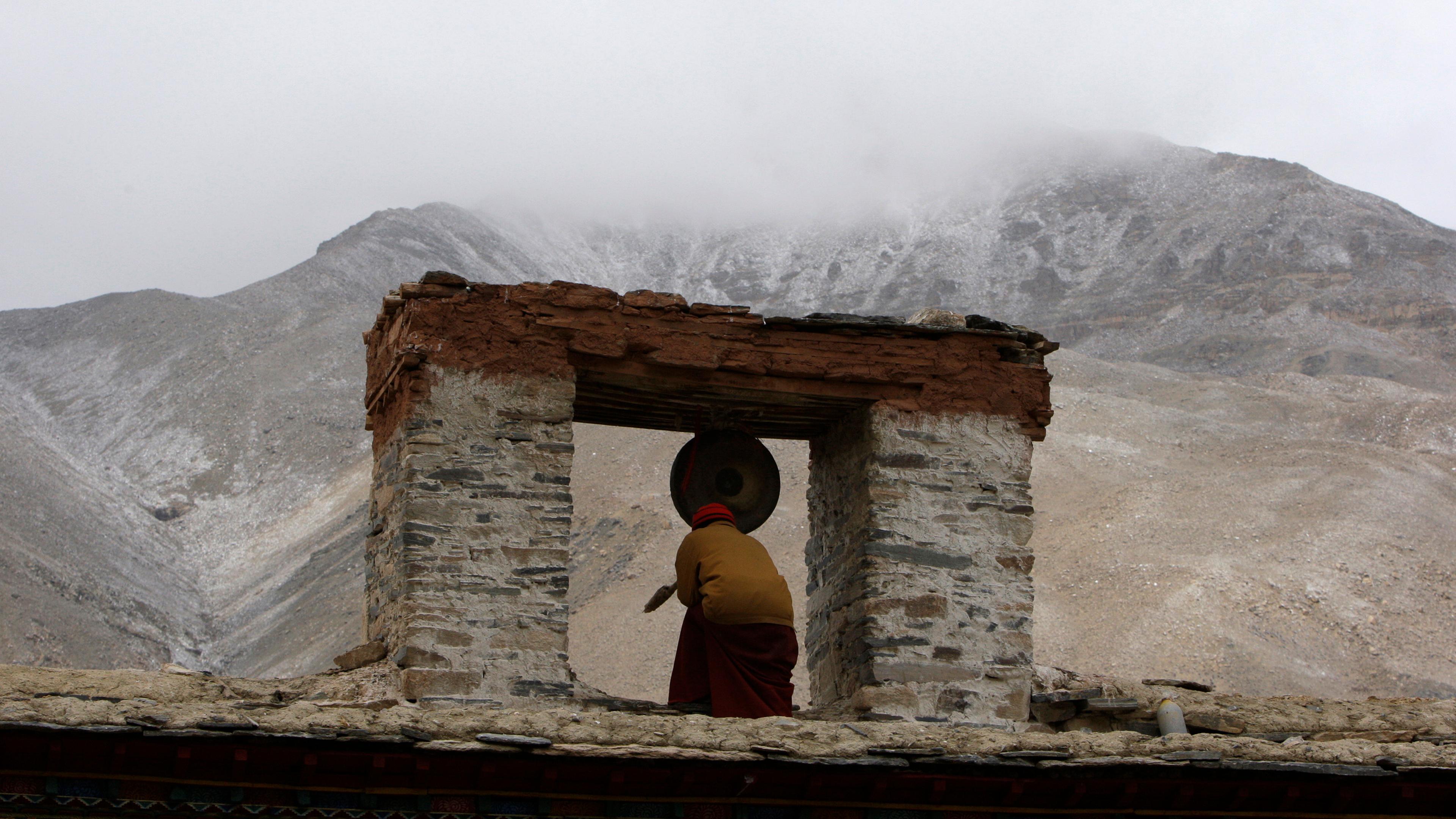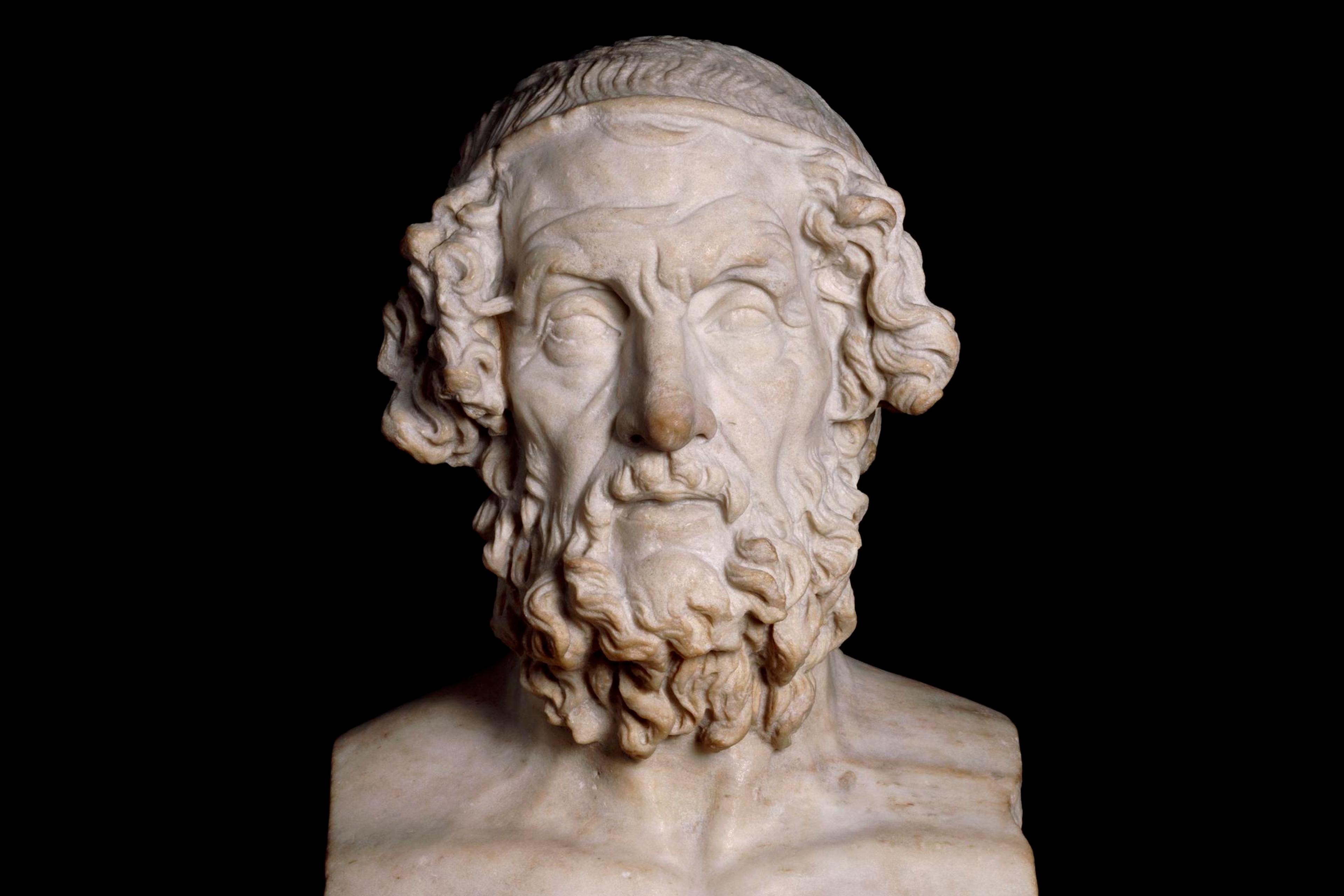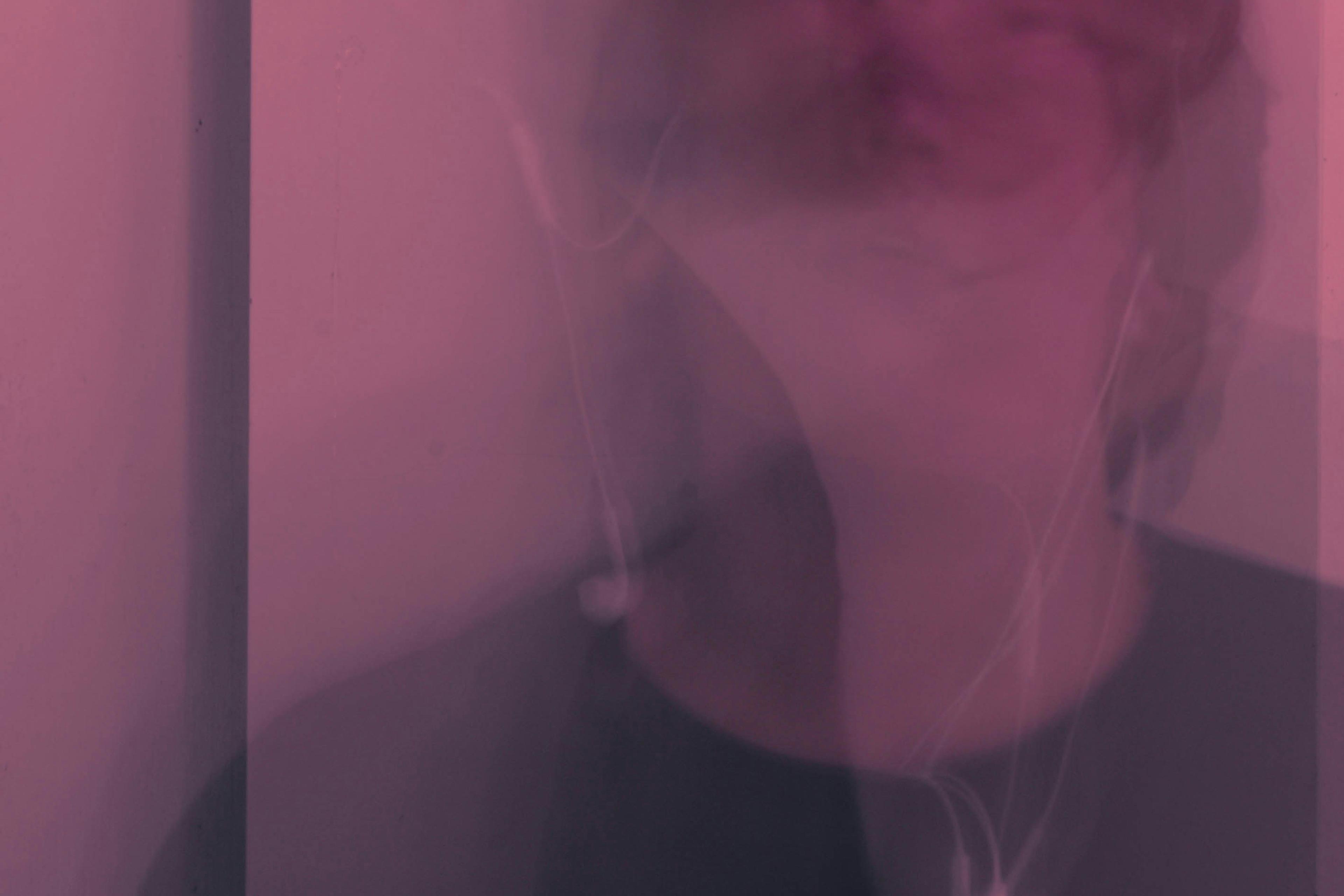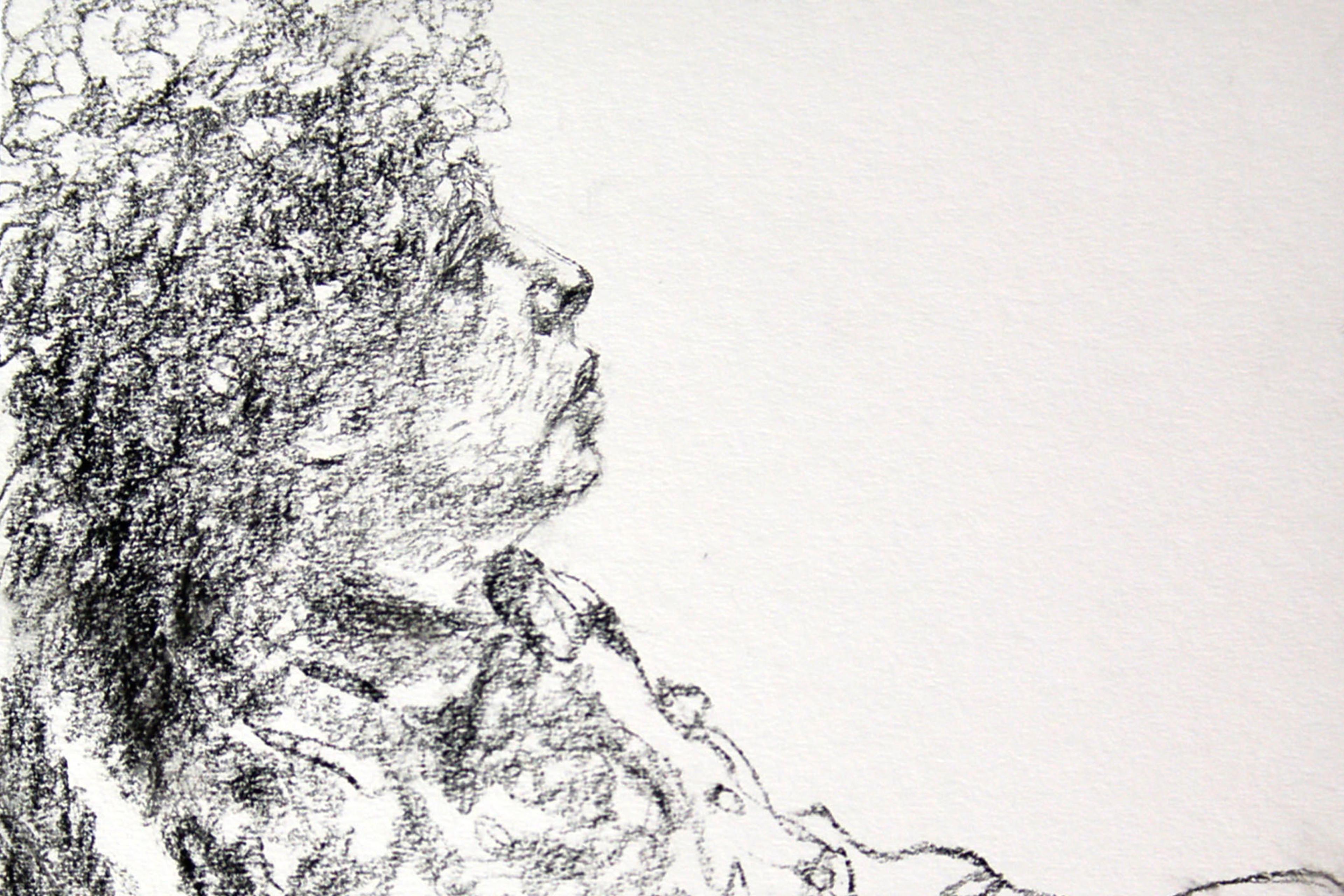I was working on a book on confusion when I was diagnosed with long COVID-19 a year ago. One of my main symptoms was brain fog, and it took me a few months to fully appreciate the irony of writing a book about confusion while feeling so confused. My brain fog meant that it was suddenly difficult to concentrate for more than 30 minutes at a time or follow complex instructions and arguments. I often forgot words while speaking, or blanked on practical tasks. I would go to the grocery store armed with my list and then forget to look at it. I travelled out of the continental United States for a work conference and then, once there, realised I had forgotten to buy a return ticket home. Other confusions ran deeper. I started questioning my life, my career, my relationships, my narratives about who I am and where I’m going. Were these just confusions generated by a mysterious virus or was the experience of having brain fog causing me to reflect differently, but insightfully, on my life? I couldn’t tell.
It didn’t take long living with brain fog to realise how much I identified with mental clarity, quickness and fluidity. When my mind was confused, slow and lacking ease and facility, I didn’t just feel confused; I didn’t feel like me. And the philosopher in me wondered about this: do I really think I am defined by my ability to effectively navigate the grocery list or make travel arrangements? Or even write a book? Certainly, that is too narrow a self-conception, yet it seemed to be the one I had.
I also noticed that ‘not feeling like me’ was a huge source of anxiety, both practical and existential. I worried about my ability to do my job. Can a professional philosopher give talks if she can’t remember words? Can a university professor run a classroom when she can’t manage a grocery list? I worried about my ability to parent when I lacked the mental and physical energy to keep up with my bright, energetic daughter. I worried about my life choices. Had I built a life and livelihood around having a kind of mental clarity that is so precarious that it could be devastated by what felt like a mild cold? It was not only perplexing; it was alarming.
Because I am writing a book on confusion, I have some philosophical resources for thinking about my brain fog. My book draws on a Buddhist theory of ignorance to explain how misunderstandings and confusion happen, and what we can do about them. That Buddhist philosophers even have theories of ignorance marks a notable difference from the history of Western philosophy, which doesn’t directly theorise ignorance but tends to assume that it is simply the absence of knowledge.
South Asian Buddhist philosophers, however, do not share that assumption. The 4th-century Indian philosopher Vasubandhu defines ignorance not as the absence of knowledge, but rather as the activity of opposing that knowledge. He reasons that, if ignorance is an absence of knowledge, then it is a passive state, but that contradicts the observation that ignorance does something in the world. One of the main things that ignorance does, according to Vasubandhu and all Buddhist philosophers, is cause suffering, either directly through the pain of being confused, or indirectly through confused actions and beliefs that end up causing harm.
It is this focus on suffering and its alleviation that marks another important difference between Vasubandhu’s conception of ignorance and typical Anglo-European ones. Buddhist philosophers tend to construct their theories of ignorance around the questions of what causes suffering and what alleviates it; Anglo-European philosophies do not. This means that it makes sense, in Anglo-European philosophy, to use the word ignorance as having very broad referents: there is no semantic restriction to what we can be ignorant of. Don’t know the capital of Slovenia? Can’t remember the word ‘lid’ (as I couldn’t the other day)? Think the Earth is flat? Believe that you are more important than anyone else? These could all be described as states of ignorance.
My brain fog would not even count as ignorance in the Buddhist sense
But in Buddhist philosophy, avidyā (the word that usually gets translated as ‘ignorance’) is more restricted. It is only the ignorance of moral and philosophical truths – truths about the nature of suffering, causation and identity – that deserve the label ignorance. This is because it is the opposition to this kind of knowledge that typically causes and maintains suffering. Ignorance, on this view, is the activity of opposing a certain kind of knowledge, namely, the moral and philosophical knowledge that is necessary for understanding and alleviating suffering.
This was a helpful distinction for thinking about my brain fog. Many times, my brain fog would not even count as ignorance in the Buddhist sense. The mere fact of forgetting a commonly used word, for example, does not, on its own, produce suffering. Even forgetting to look at the grocery list or buy a plane ticket, which do cause some inconvenience to myself and others, are comparatively minor obstacles to accessing moral and philosophical knowledge. On the Buddhist view, the really troublesome ignorance is not the absence of knowledge, but rather the misunderstanding we create in the space that absence affords. I began to wonder if I was misunderstanding my brain fog, and if that misunderstanding, and not the brain fog, was the real problem. My narratives about my brain fog – that it struck at the centre of who I am as a person and a philosopher – produced far more suffering than the brain fog did. This was in large part because of the way those narratives were reinforced by (and, reinforcing) other feelings, such as impatience, anxiety or embarrassment, and my desire for things to be differently from how they are.
On Buddhist accounts of ignorance, unlike Anglo-European ones, ignorance is not understood to be a purely cognitive problem. Vasubandhu’s model takes pains to show how ignorance exists in complex relation with our emotions, desires and sensations. Feeling tired, defensive, envious or even hungry, for example, can make confusion more likely to occur and more likely to stick around. According to Buddhist psychological models, ignorance is one of many kleśas, or dysfunctional psychosomatic processes, along with things like resentment, greed and anxiety, that typically cause harm and wrongdoing.
Kleśas are infamous for their tendency to self-reinforce. Barring any intervention, confusion often creates more confusion. My confusion about the grocery list led seamlessly, in my mind, to confusion about my ability to teach. Kleśas also tend to reinforce each other. My confusion about the grocery list provoked my anxiety, and that anxiety highlighted confusion about my job, which then elevated my anxiety, and so on. Confusion also works well with other kleśas, including envy, resentment, greed and arrogance. In fact, Vasubandhu likened ignorance to a king and all the other kleśas to his courtiers: they tend to come in a mutually reinforcing pack. To understand ignorance, then, requires understanding the other dysfunctional states that aid, amplify and, at times, disguise it.
My feelings of confusion from brain fog, I began to realise, were interacting with other habits of feelings, desires, sensations and even other confusions that I had before I had long COVID. My assumptions about what makes a day a ‘good day’ (before, it was intellectual production), what makes a good philosopher (writing good books without delay), what laziness is (lying in bed all day) and what relaxation is (meditation and exercise) were all deeply challenged by living with brain fog and fatigue. These assumptions were implicit: I wouldn’t have endorsed them before having long COVID. Even though I have long been sympathetic to projects that dismantle workaholism and perfectionism, it turns out that these assumptions were there, affecting the way I feel, if not the way I explicitly think.
The 8th-century Indian Buddhist moral philosopher Śāntideva remarked that our enemies are our greatest teachers, which is an irritating comment for anyone who has ever had an enemy. Sometimes, my brain fog rose to the level of ‘enemy’ when it was opposing the thoughts, feelings and desires closest to my self-conception, when it was interrupting the mental and verbal skills that I thought made me me. This would come as no surprise to Śāntideva, Vasubandhu or any Buddhist philosopher, who take seriously the profound difficulties of trying to live with a sense of self that is too rigid or limiting. The times when I thought of my brain fog as threatening my self-conception were typically the hardest times.
Experiences of confusion usually exist below the radar of awareness
During these times, I expected my friends and family to find me unrecognisable under the pall of brain fog. Oddly, they did not. I started to realise the brain fog could be a more neutral companion. Perhaps more surprisingly, it could even be a friend. Sometimes brain fog gave me permission to rest and say no to multitasking. I started asking what brain fog allows me to do, rather than what it does not allow me to do. When I asked that question, I found some surprising answers. In the year I’ve had long COVID, I’ve written more music and poetry than I ever have in my life. Not being able to do much linear intellectual work created new space to do more non-linear creative work, which has brought incredible joy to my life. I’ve spent many more hours cuddling with my daughter, an activity that neither requires nor is improved by mental clarity or physical energy. Over the past six months, my long-COVID symptoms have slowly improved, and I am grateful for that. But I also don’t want to revert to the confused habits of thinking and feeling that I had before I got sick. Somewhat begrudgingly, I have to agree with Śāntideva that, in the end, my brain fog was a teacher.
My brain fog may have also helped me understand Buddhist theories of ignorance. One of the tricky things about trying to understand experiences of confusion is that they usually exist below the radar of awareness. They are, by definition, the murky, unclarified parts of experience. Vasubandhu’s theory of ignorance demands that we differentiate absences of knowledge from misunderstandings, but from the first-person perspective it is often difficult to even tell that we are confused at all. Having brain fog forced me to confront the difference between not knowing something and misunderstanding it. My brain fog created temporary gaps in my knowledge, which were obvious to me and others, but it wasn’t misunderstanding anything. I was misunderstanding my brain fog, and that was the real ignorance.








